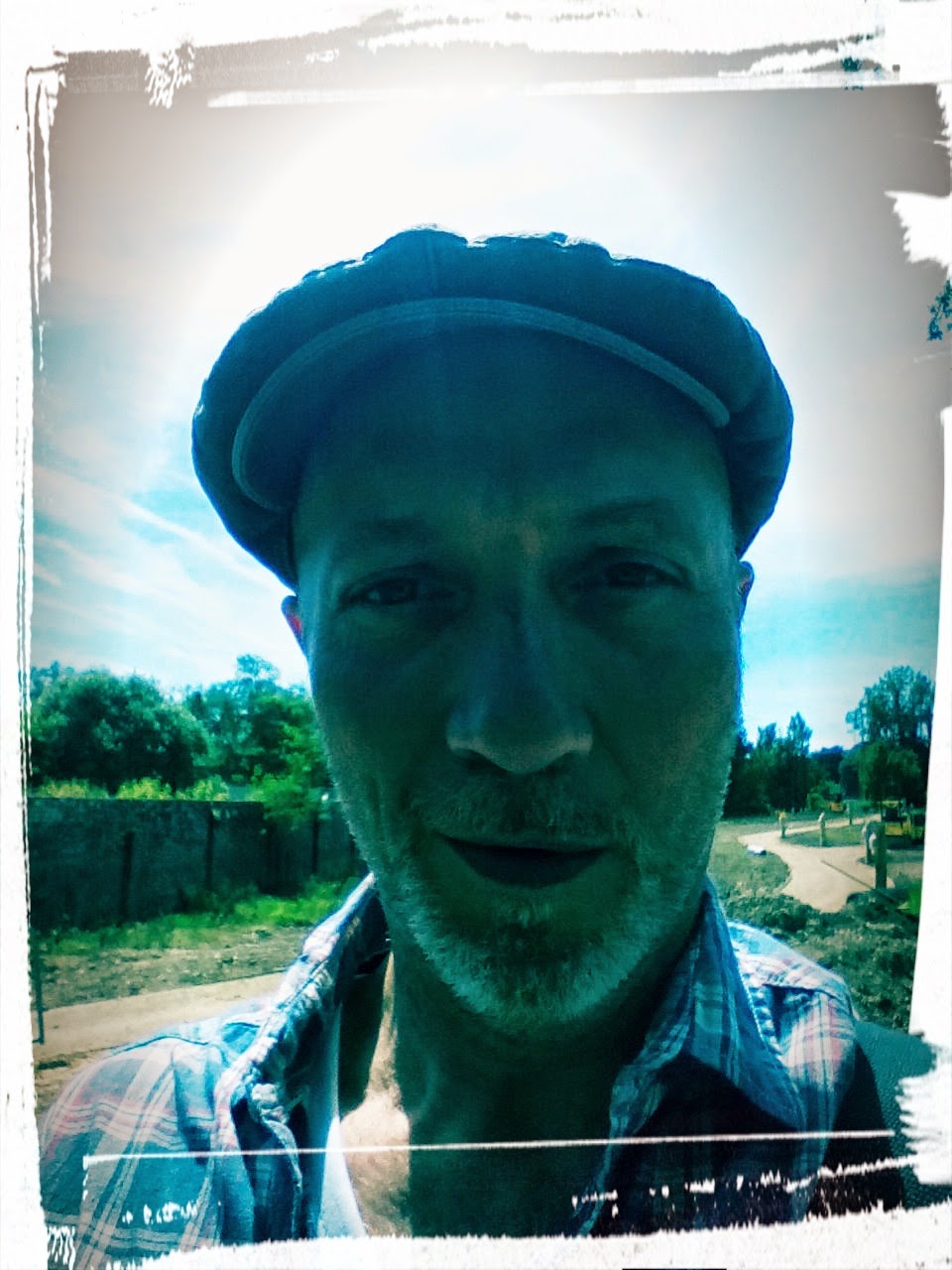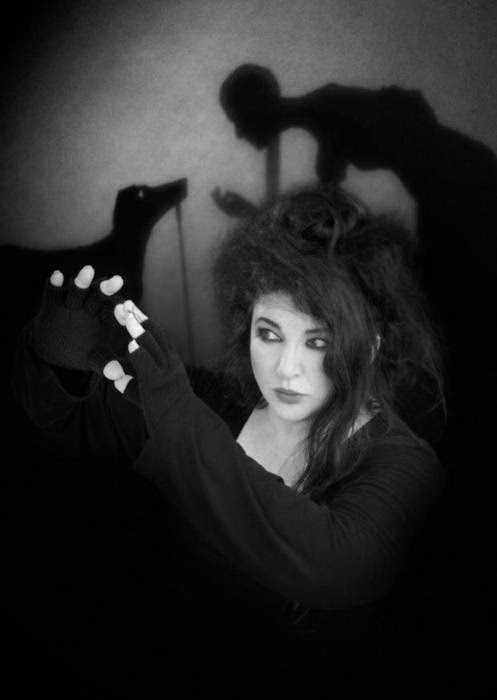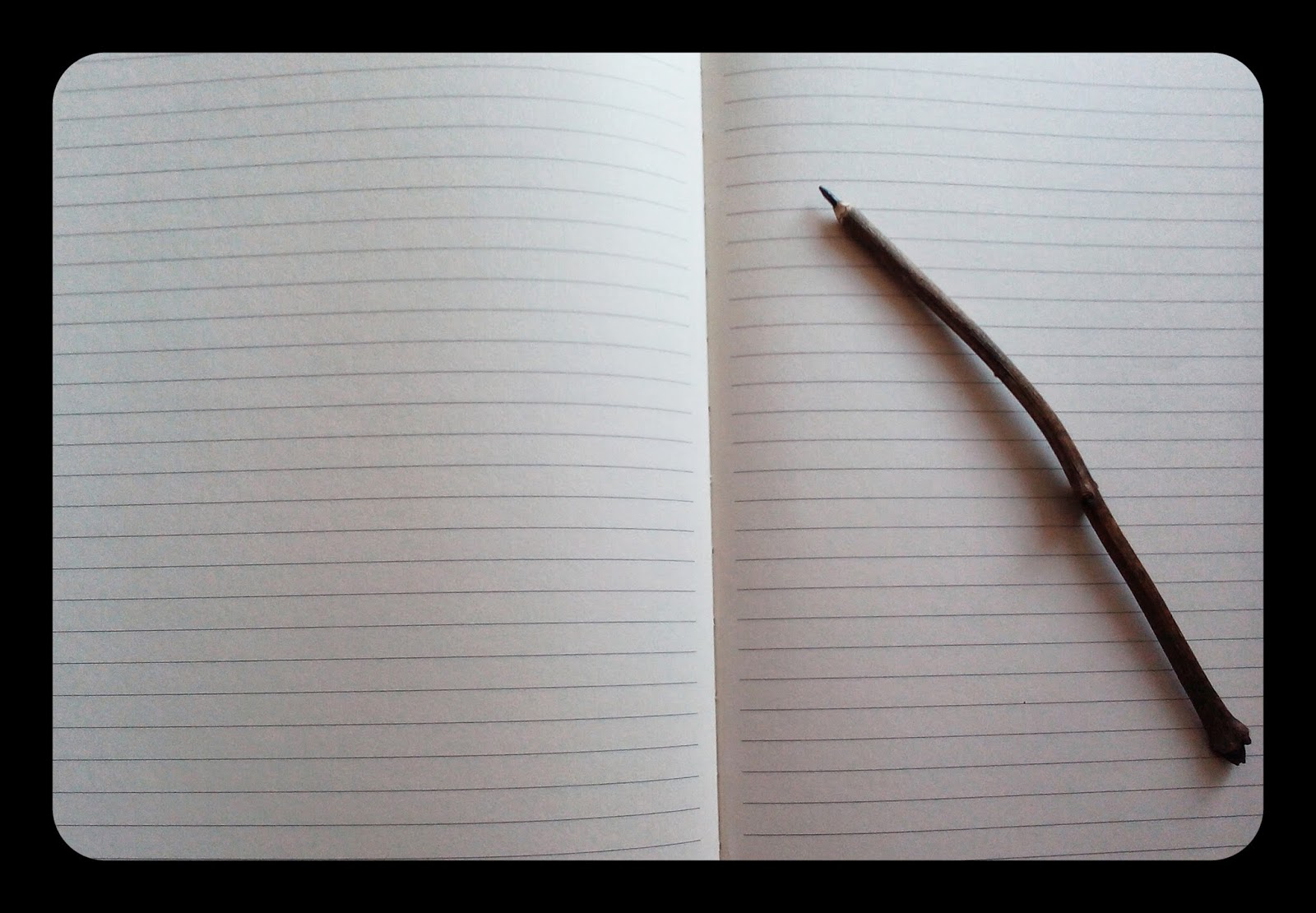I set out to write a short story. I’d experimented with the form on two previous occasions producing thriller/mystery stories of approx 3,000 each. This story though had more to say and when I finished the first draft I had 21,227 words. We all know it’s about quality not quantity but Word also gave us Word Count for a reason and when you read about other writers producing 3,000 words a day, every day, you do want to know how you measure up. So, 21,227 words is pushing it for a short story, though its not unheard of, but falls well short of Novel status, even the shortest novels come in at over double that length, so my story falls into that rather awkward category of Novella. Awkward because they are too lengthy for magazines and too short for book publishers, unless you’re talking Anthology. A story of 21,227 words, or a Novella, is however the perfect length for an eBook.




